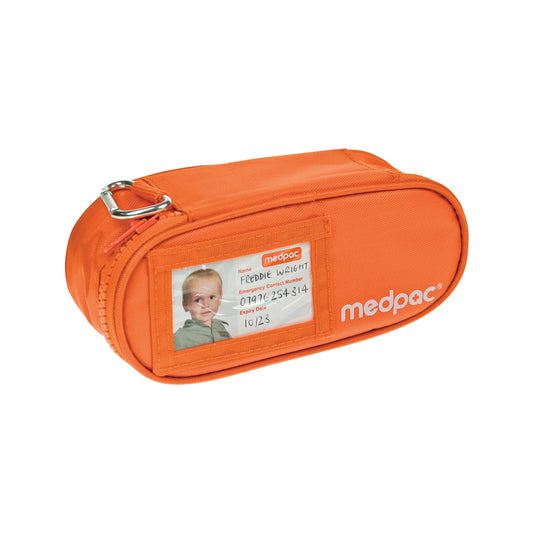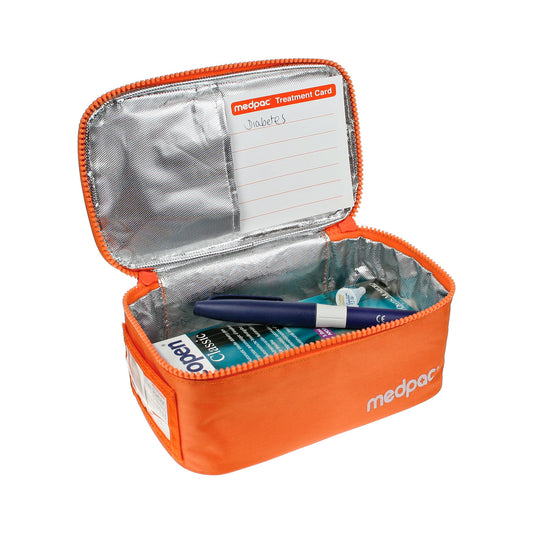With the re-booted 2018 edition of the “Beast from the East” set to do its worst in the coming days, you might notice that a dramatic change in weather conditions can act as an unwanted trigger for your asthma symptoms.
Cold, dry air is a typical asthma trigger and can result in nasty flare-ups during the festive season. Furthermore, cold, damp air is also a potential trigger for asthma symptoms. That’s because it can enter your airways and trigger spasm within. This results in wheezing, coughing and breathlessness and tightness in the chest. Damp air also contains mould spores that can trigger asthma symptoms in their own right.

Worse still, if you opt to avoid spending time outside in the winter months to prevent asthma triggers, there are still indoor air pollutants such as dust mites and cooking fumes lurking. When you begin to prepare the Christmas decorations, trees and decorations may also be dusty which can also act as an asthma irritant.
What can you to to help your asthma in winter conditions?
Ways to mitigate the effect of winter on your asthma
- First and foremost, make sure you have your reliever inhaler accessible at all times and maintain regular adherence of your preventer inhaler too. Our Small Medpac and Large Medpac are both ideally suited for storing inhalers and keeping them dust-free during the winter months. The Large Medpac is also big enough to fit an infant spacer, if you need to take inhalers and asthma equipment for your asthmatic child.
- If you’re unsure whether your reliever or preventer inhaler is doing its job, book an appointment with your GP or asthma nurse to discover whether you are using your inhaler correctly.
- Asthma sufferers are also recommended to create an action plan that you can refer to at all times, either physically or on your phone.
- Maintain regular periodic asthma reviews with your asthma nurse or GP to ensure you are taking the correct medication.
- If you're looking to take a more holistic approach to manage your asthma, many sufferers have reported the benefits of natural asthma remedies, such as turmeric supplements, so this could be something worth exploring for you!
Practical advice for dealing with asthma in colder weather
- If you are preparing to leave a nice, warm house and walk onto a cold street, the cold air could trigger your asthma symptoms from the word go. To mitigate that risk, Asthma UK recommends wrapping a scarf over your nose and mouth loosely. This will allow the air to warm up before you inhale it into your airways.
- Another effective breathing technique is to breathe in through your nose rather than your mouth, giving the cold air a chance to warm up before reaching your airways.
- If it’s really cold outside and you still want to exercise daily, consider indoor activities such as yoga, indoor running on a treadmill or DVD work-outs to keep your heart fit and healthy and your asthma symptoms in check.
If you believe that the cold weather plays havoc with the asthma symptoms of you or your child, be sure to keep an up-to-date diary of asthma triggers to try and piece together a picture of winter’s impact.
Hopefully, by considering these practical tips, you can still enjoy the festive season without fear of severe asthma attacks.





